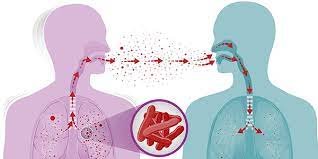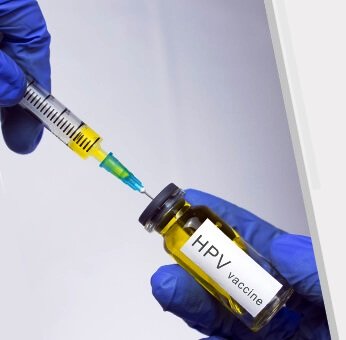Human papillomavirus, also called HPV, is spread by sexual activity. Some strains of HPV cause genital warts. Other HPV strains can cause cancers.
HPV vaccine protects against cancer of the vagina, vulva, penis or anus caused by HPV. The HPV vaccine also protects against mouth, throat, head and neck cancers caused by HPV.
In a promising advance in its fight against cervical cancer, India recently launched its first locally produced version of the human papillomavirus (HPV) vaccine “Cervavac”. Currently, India lacks a national immunization program for carcinoma cervix eradication. Inclusion of Cervavac into the national immunization schedule will undoubtedly boost the fight against cervical cancer.
HPV infection is common. Nearly all sexually active people are infected with HPV within months to a few years of becoming sexually active. Most HPV infections don’t cause cancer. Our immune system usually clears most of HPV infections. Only about 1% of High-risk HPV infections that persist can cause cancer. Human papillomavirus (HPV) infection is a well-established cause of cervical cancer and there is growing evidence of HPV being an important factor in other anogenital cancers (anus, vulva, vagina, and penis) as well as head and neck cancers.
Almost all cervical cancers are caused by persistent infection with one of the 14 high-risk types of human papillomavirus (HPV), with HPV types 16 and 18 accounting for 73% of cervical cancers globally and 80 – 85% of cervical cancers in India. Cervical cancer is the second most common cancer in India, with an estimated 1, 23,907 new cases and 77, 348 deaths annually (Globocan2020) which is close to one-fifth of the global burden of this cancer. With more than three-quarters of cases diagnosed at a locally advanced clinical stage with poor prospects of survival.
So vaccinating our young girls and boys protects them against this deadly cancer.
(The writer is a Consultant Obstetrician & Gynaecologist Yashoda Hospitals Hyderabad)






























